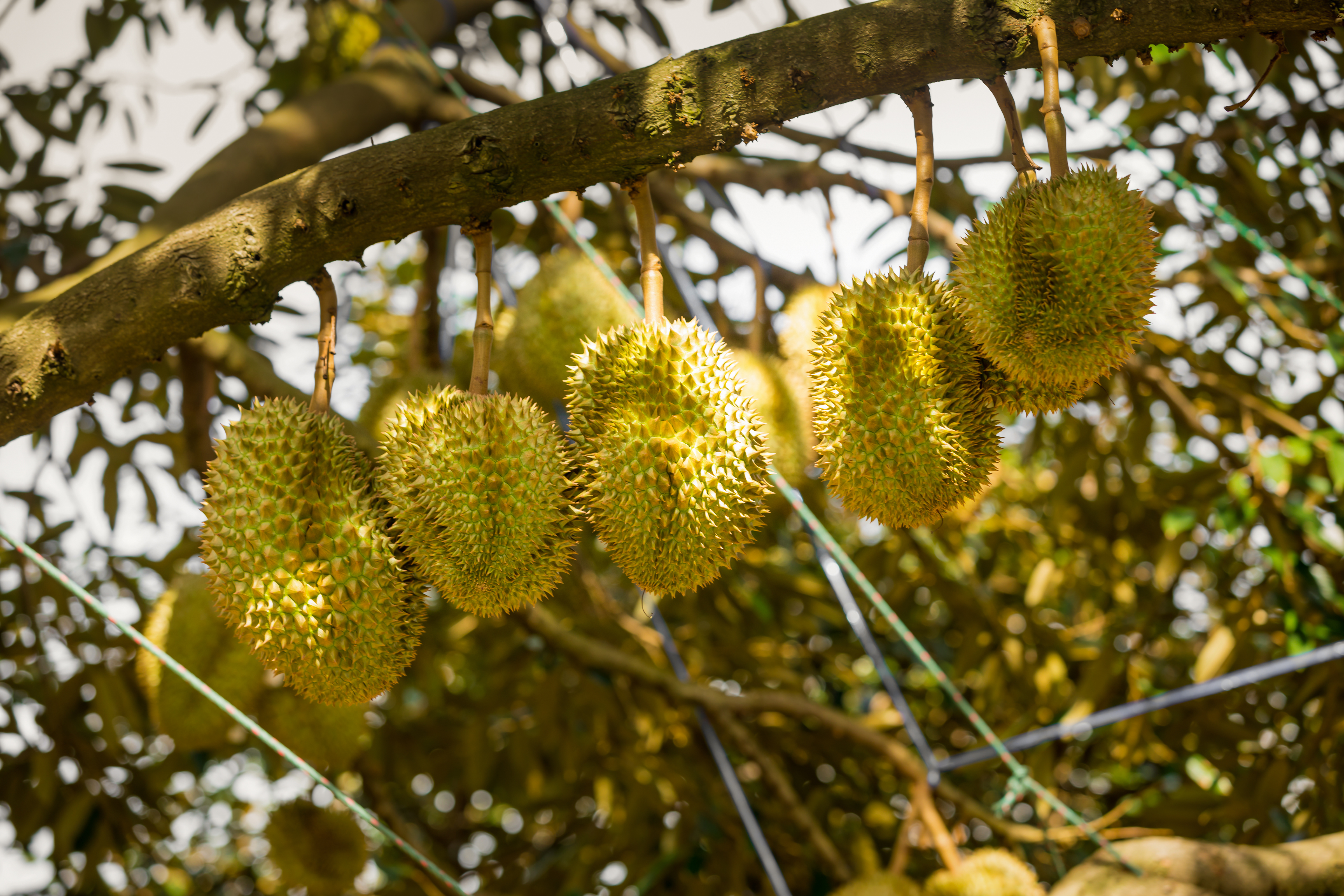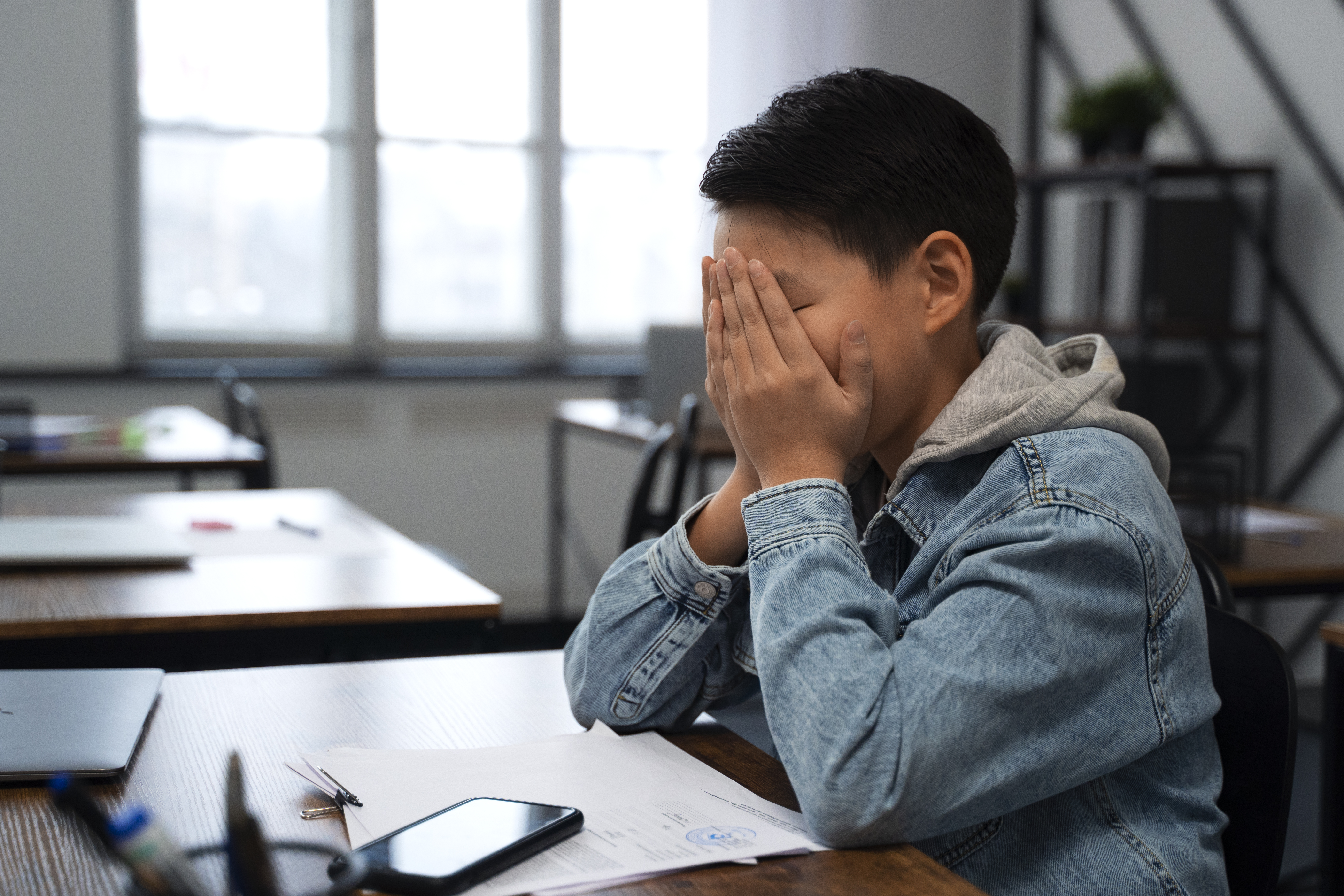As the king of fruits, durians are both revered and feared—delicious to some, overwhelming to others, but undeniably powerful in presence. The rise of falling durians can be more than just a catchy phrase; it’s a compelling metaphor for the challenges we face in navigating the mental health crisis today.
In recent times, stories about falling durians—dangerous when dropped from heights—have garnered attention, serving as a timely analogy for the mental and emotional “drops” that people experience in their daily lives. Much like these sudden falls, mental health issues can catch us off guard, leaving individuals and communities scrambling to avoid serious consequences.
But what does this phenomenon of falling durians teach us about the state of mental health today?
Unpredictable Triggers: Falling When You Least Expect It
Just like a durian may seem secure on the branch until a gust of wind causes it to fall, mental health struggles often strike without warning. A seemingly stable exterior can hide the pressures of work, financial stress, or personal setbacks. The COVID-19 pandemic and its aftermath have exacerbated this unpredictability, revealing how fragile mental stability can be under collective societal stress.
For many, these triggers—much like the sudden fall of a durian—are external. Job loss, loneliness, or societal pressures pile up quietly until they reach a breaking point. But unlike dodging a durian, we can’t always sidestep mental health struggles. They require proactive measures like therapy, social support, and workplace interventions.
The Invisible Weight of the Durian Shell: Burden Without Relief
On the outside, the durian’s hard, spiked shell is a symbol of toughness and resilience. Similarly, individuals often mask their mental struggles under a hardened exterior. In many cultures, especially in Asia, mental health is stigmatized, making people reluctant to seek help or show vulnerability.
This “tough shell” creates a silent crisis—people carrying the weight of their emotional struggles alone, much like the thick rind of the durian conceals its soft, complex interior. Mental health solutions today need to address the stigma, normalizing conversations and encouraging early intervention before the burden becomes too much to bear.
When Falling Isn’t Fatal: Catching the Durian Before Impact
A falling durian can be dangerous, but with the right precautions, the damage can be prevented. This is where proactive mental health systems come in. Just as farmers monitor and harvest durians before they drop, schools, workplaces, and communities need to implement early warning systems and intervention programs.
For example, platforms like Zoala’s mental health app for students and eve & ai for workplace wellbeing act as support systems, offering mood check-ins, AI-powered chats, and human therapists before emotional crises escalate. These solutions bridge the gap between prevention and recovery, ensuring that even when someone feels like they’re “falling,” they have a net to catch them.

The Durian Orchard of Collective Responsibility
Durian trees don’t grow in isolation—they thrive in orchards. Similarly, mental health cannot be addressed in silos. It requires collective responsibility from governments, educational institutions, workplaces, and families. The current rise in mental health issues highlights the need for ecosystem-level solutions.
In Hong Kong, for example, Zoala is partnering with schools to leverage government funding and provide students with essential mental health tools. Initiatives like these demonstrate how interconnected systems can uplift individuals and prevent large-scale crises. The same approach applies to workplace settings, where HR teams can collaborate with mental health tech providers to offer continuous support.
Durian Lovers and Haters: The Subjective Nature of Mental Health
Much like durian itself, mental health is deeply subjective. What’s overwhelming to one person may be manageable to another. This reinforces the need for personalized mental health solutions. One-size-fits-all approaches no longer work in today’s complex world. Individuals need access to various tools—whether that’s self-help resources, AI-driven check-ins, or therapy sessions tailored to their unique experiences.
Rising Above the Fall
The metaphor of falling durians reminds us that we can’t always prevent sudden mental health challenges, but we can build systems to minimize the damage and create opportunities for recovery. Just as farmers have adapted their harvesting techniques to prevent durian-related injuries, society must adapt its approach to mental health by embracing proactive, tech-enabled, and inclusive solutions.
With platforms like Zoala and Eve & AI already making an impact, we have the tools to ensure that when people feel like they’re falling, they don’t hit the ground alone. Instead, they rise, supported by the growing recognition that mental health is not a luxury, but a necessity.
So, let the durians fall—but let’s be ready to catch them.





